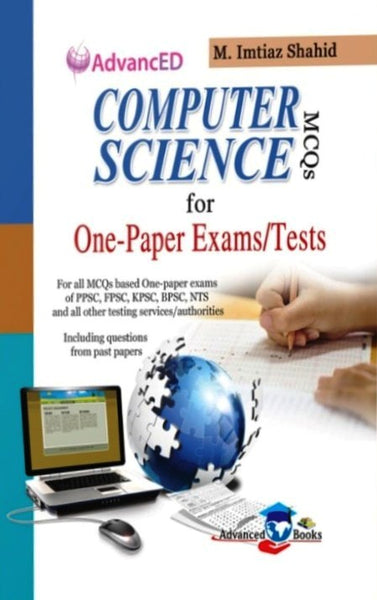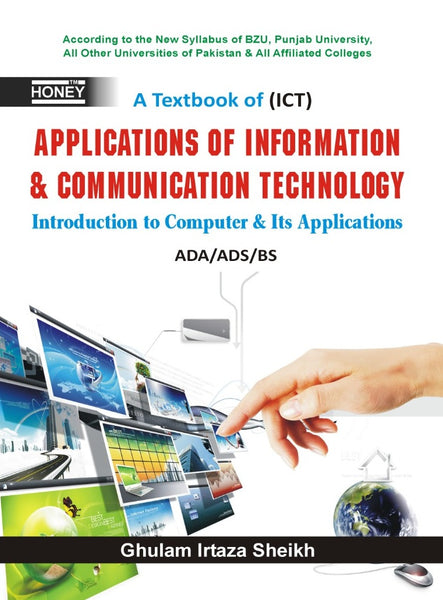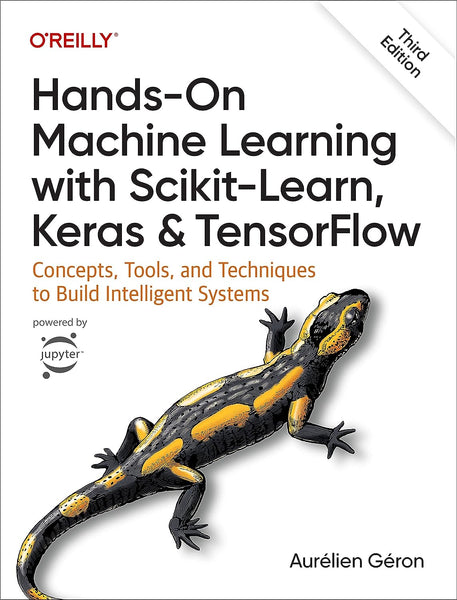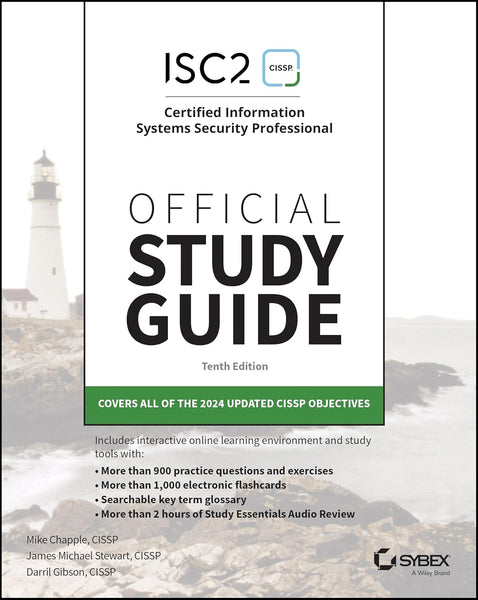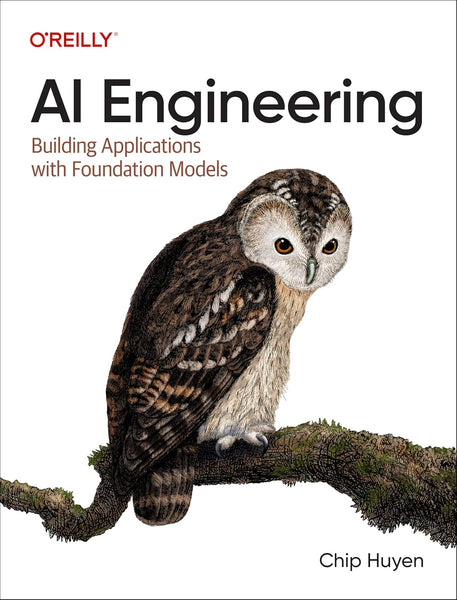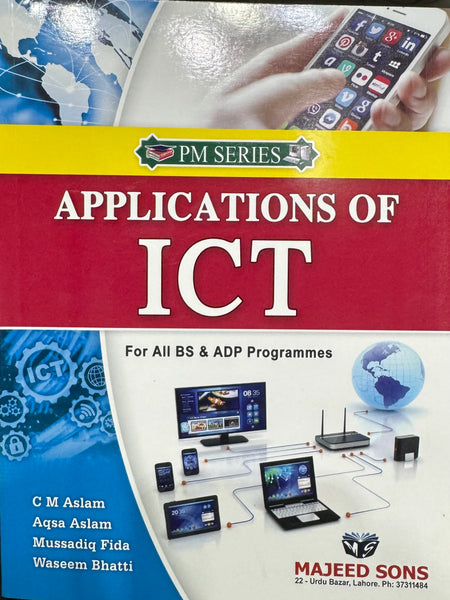Principles of Modern Operating Systems 2nd Edition by Jose M Garrido
- Publisher: COMPUTER SCIENCE
- Availability: In Stock
- SKU: 31006
- Number of Pages: 563
Rs.1,270.00
Rs.1,550.00
Tags: Advanced Memory Management , Advanced Operating Systems , Cloud Computing , Cloud Infrastructure , Computer Architecture , Computer Networks , Computing Environments , Computing Infrastructure. , Concurrency , Data Management , Device Management , Encryption , Fault Tolerance , Fault-Tolerant Systems , File Systems , Input/Output Systems , Linux , Linux Systems , Memory Management , Modern Operating Systems , Multicore Processors , Multitasking , Networking , Operating System Architecture , Operating System Concepts , Operating System Design , Operating System Principles , Operating System Theory , OS Internals , OS Theory , Parallel Processing , Performance Analysis , Principles of Modern Operating Systems , Process Communication , Process Management , Process Synchronization , Real-Time Systems , Resource Management , Resource Scheduling , Scheduling Algorithms , Security Protocols , Security Risks , Software Development , Software Engineering , System Configuration , System Design , System Diagnostics , System Implementation , System Performance , System Programming , System Reliability , System Resources , System Security , UNIX , Virtual Memory , Virtualization , Windows
Principles of Modern Operating Systems (2nd Edition) offers a detailed and comprehensive understanding of operating system concepts. Written by experts in the field, this book covers the core principles of modern operating systems while providing insights into practical implementation and design. The second edition is updated to reflect the latest trends and technological advancements, such as virtualization, cloud computing, and multicore processors. The book focuses on key topics like process management, memory management, file systems, and input/output systems. It also emphasizes the importance of performance, security, and reliability in modern operating system design.
Through clear explanations, detailed examples, and hands-on case studies, the authors provide readers with the necessary foundation to understand the intricate workings of modern operating systems. The book is ideal for students, professionals, and anyone interested in gaining a deeper understanding of operating systems in a contemporary context.
Key Features
-
Comprehensive Coverage:
The book covers a wide range of essential topics such as process scheduling, memory management, file systems, and I/O systems. It also delves into advanced topics like virtual memory, system security, and real-time systems. -
Updated Content:
This edition includes new material reflecting the latest trends in operating system design, including the impact of cloud computing, the use of multicore processors, and new approaches in resource management. -
Detailed Case Studies:
The authors include case studies that demonstrate how the principles discussed are applied in real-world operating systems like Windows, Linux, and UNIX, offering practical insights into the operation of these systems. -
In-depth Process Management:
The book discusses process management in detail, focusing on process synchronization, scheduling algorithms, and interprocess communication. It also highlights the complexities involved in managing multiple processes concurrently. -
Memory Management Techniques:
The book introduces the concept of memory management, covering topics like paging, segmentation, and virtual memory, which are critical for understanding how operating systems handle large datasets and multitasking. -
Advanced Input/Output Systems:
The authors explore I/O systems and their role in ensuring efficient communication between the hardware and software. They cover topics like buffering, device management, and I/O scheduling algorithms. -
Focus on Security and Reliability:
The book emphasizes system security and reliability, addressing key issues like data protection, encryption, and secure communication protocols, as well as fault tolerance mechanisms used to maintain system integrity. -
Multicore and Parallel Processing:
The second edition includes significant coverage of multicore processors and parallel processing, discussing how operating systems handle concurrency and manage resources in modern, high-performance computing environments. -
Hands-On Examples:
Practical examples and exercises help reinforce the concepts and encourage readers to engage with the material actively. This approach allows for a better understanding of complex operating system functions. -
Clear and Accessible Writing:
The authors adopt a clear, accessible writing style, breaking down complex technical concepts into easily understandable terms. This makes the book suitable for both beginners and advanced learners.
Conclusion
Principles of Modern Operating Systems (2nd Edition) is an essential resource for anyone looking to gain a deep understanding of operating system principles and practices. The comprehensive coverage of both foundational topics and modern advancements ensures that readers are well-prepared to navigate the rapidly evolving world of operating systems. Whether you are a student, researcher, or professional in the field, this book provides valuable insights and knowledge to enhance your understanding of operating system design, management, and implementation.



